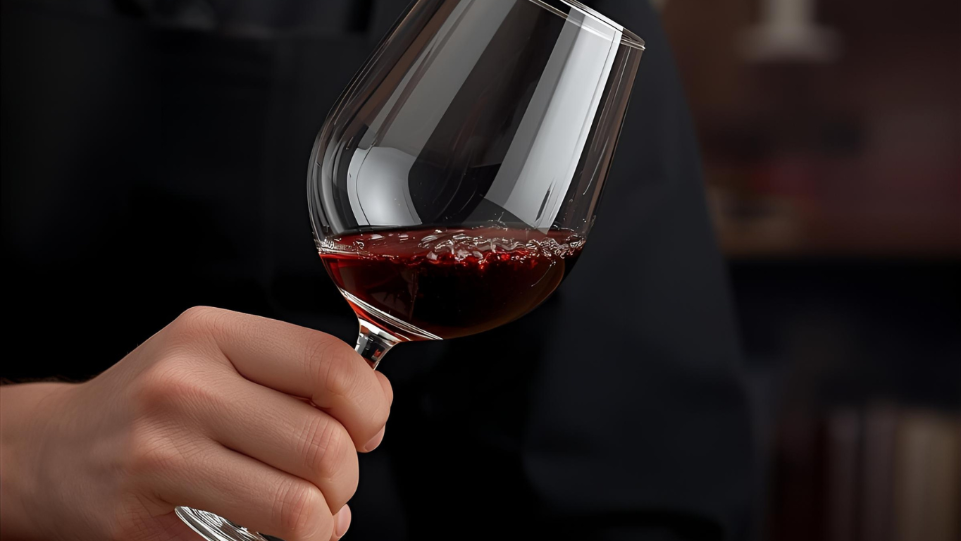Blind Tasting vs. Brand Bias: Why Objectivity Matters in Wine and Spirits Competitions
In the world of wine and spirits, perception often extends beyond the glass. A prestigious label, a high price point, or a celebrated reputation can all shape expectations before the first sip. While brand identity and marketing play a powerful role in how bottles are received, they don’t always reflect what’s in the glass. This is why blind tasting remains a cornerstone of fairness and integrity in professional competitions. At The Tasting Alliance, our judges evaluate entries without knowing the producer, label, or price, allowing each wine or spirit to be assessed solely on its quality. As we prepare for the San Francisco International Wine Competition this December, we continue to champion blind tasting as the most reliable way to recognize excellence across both established icons and emerging producers.
How Blind Tasting Levels the Playing Field
Blind tasting strips away the influence of brand bias, creating a level playing field. Judges evaluate wines based on balance, varietal expression, acidity, and finish, while spirits are assessed on aroma, mouthfeel, complexity, and authenticity to their category. This focus on craftsmanship ensures that medals are awarded not because of a familiar name or a hefty price tag, but because of what the judges experience in the glass. Without blind tasting, a renowned Napa winery, a heritage Scotch distillery, or a sleek, high-priced label might overshadow smaller or lesser-known producers who are equally deserving of recognition. Blind competitions remove that imbalance, offering every producer—whether a boutique operation or a global powerhouse—the same opportunity to shine.
Why It Matters for Producers and Consumers
For producers, this impartiality is invaluable. Blind tasting competitions provide one of the few arenas where reputation cannot influence results, and where medals are earned purely on merit. For brands looking to stand out in a competitive global marketplace, winning an award at the San Francisco International Wine Competition or the San Francisco World Spirits Competition signals to distributors, retailers, and consumers that their product has been rigorously tested and validated. For consumers, this matters just as much. In a market overflowing with choice, medals earned in blind tastings serve as trusted markers of quality. Shoppers can confidently reach for a bottle knowing it has been judged without bias, and that its value lies in craftsmanship rather than marketing.
As the San Francisco International Wine Competition approaches this December, the focus remains on what has always set The Tasting Alliance competitions apart: integrity, objectivity, and a deep respect for the artistry of winemaking and distilling. Blind tasting eliminates distractions and ensures that excellence is recognized wherever it is found, from family-run vineyards to world-renowned houses. In the end, it’s not the story told on the label that matters most—it’s the story told in the glass.
